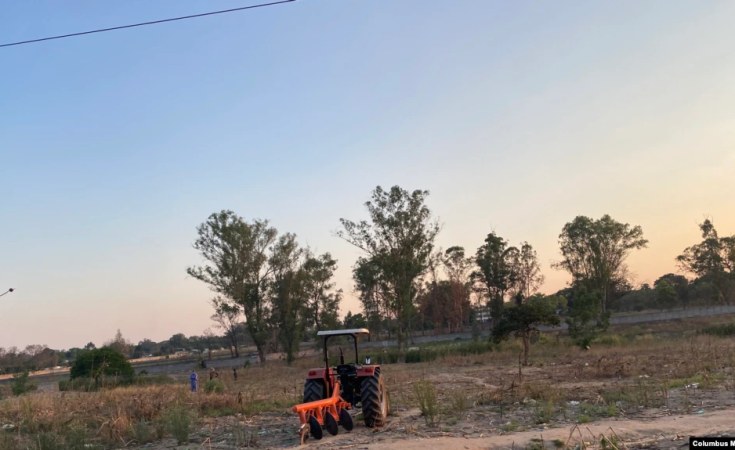Read in
Food security dominated the agenda at the 41st Ordinary Session of the Executive Council of the African Union in Zambia’s capital Lusaka.
By Chrispin Mwakideu, Glory Mushinge
The summit’s theme of “Building Resilience in Nutrition on the African Continent” highlighted the ongoing food challenges that have gripped Africa.
A combination of several factors, including a three-year drought in the Horn of Africa, the 2020 locust swarms, Ethiopia’s Tigray conflict, the economic effects of the COVID pandemic, and the war in Ukraine, are all piling on pressure on Africa’s food systems.
According to the UN, 278 million people in Africa lacked access to adequate food in 2021 — before Russia invaded Ukraine.
Ending food imports dependency
Ambassador Josefa Sacko, AU commissioner for agriculture painted a grim picture of the world’s food security situation.
“The number of people affected by hunger, globally, rose to as many as 828 million people in 2021, due to COVID 19,” Sacko said, adding that it was an increase of about 150 million.
She also reminded delegates of the impacts of Russia’s war in Ukraine, involving two of the biggest global producers of staple cereals, oil, and fertilizer.
“We know that our continent is really dependant on imports, which we, as the African Union, if this is the agenda we want, we have all the advantage to produce, ourselves and we should stop all this importing [of] food from outside.”
Zambia’s appeal to improve food security
Zambia, which hosted the AU gathering, urged other African countries to increase agricultural productivity to combat food insecurity.
Zambian President Hakainde Hichilema urged member nations to step up their efforts in transforming the continent’s agricultural potential into growth to end hunger and malnutrition.
“We need to also ensure that we improve our ability to produce food beyond the rainy seasons of our countries,” Hichilema told delegates.
“Which means irrigation, it means appropriate technology, efficient technologies, to use to the maximum, the water that is available, in our countries and on our continent.”
Hichilema, elected last year and who inherited $17.3 billion (€17.3 billion) in debt from the previous government, recently said the southern African nation aims to contribute significantly to the fight against food insecurity.
Like most other African countries, Zambia’s economy depends heavily on agriculture and agribusiness. The sectors contributed around 20% of the country’s GDP and roughly 12% of its export revenues, according to the World Bank.
In addition, the agriculture industry employs nearly 70% of Zambia’s workforce, making it the primary source of income for most people living in rural areas.
Idris Elba: No peace without food
Former and current heads of state graced the meeting and celebrities, including British actor Idris Elba, whose parents came from West Africa.
“I’m a son of the soil and a very proud one,” Elba, a passionate food security activist, told the AU meeting via video link.
“I think in these times, we do need to partner, creatively — governments, business and artistes, together to achieve ambitious agendas. As we just saw in Sri Lanka, there can be no peace, if there’s no food and there can be no security when the citizens are hungry, desperate and do not see a viable future.”
Senegalese President Macky Sall, the current AU chairperson, told reporters during a press briefing that leaders agreed to actualize the implementation of the African Continental Free Trade Area (AfCFTA) to promote trade and enhance integration.
He also called on member states to accelerate the integration process and promote value addition to raw materials through increased industrialization.
Edited by Keith Walker



